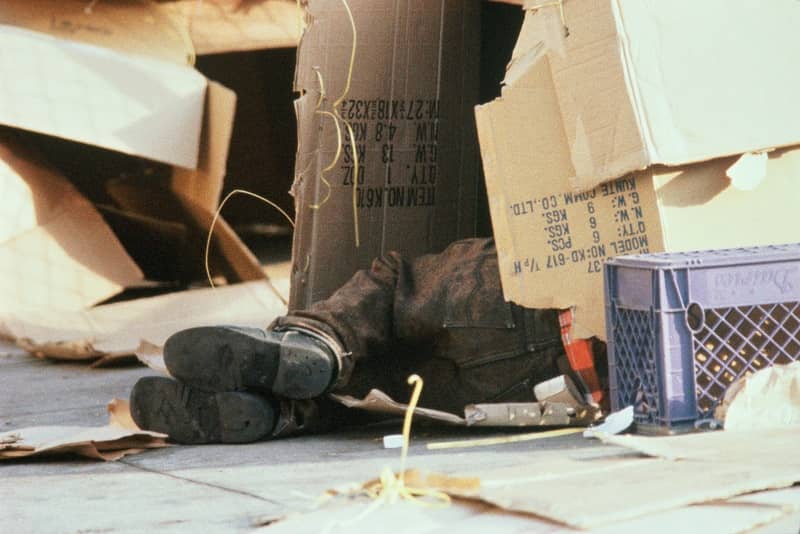Although the phrase “light rail” wasn’t even mentioned in the hearing, it seemed to be the elephant in the room today when the Subcommittee on Transportation and Economic Development of the Joint Ways and Means Committee met to move forward a $100 lottery bond measure to fund transportation projects throughout Oregon.
As introduced in the House, HB 2278 would have required that at least 15 percent of the funding be allocated to each of five regions described in the bill. But when the bill reached this committee, the 15 percent number had somehow been reduced to 10 percent, and no one could explain how, or why.
Rural committee members tried to amend the bill to get the minimum back up to 15 percent, fearing that otherwise the Portland region could get it’s own 10 percent minimum plus the 50 percent of funds that would be discretionary, leaving it with a whopping 60 percent of the entire 100 million pot. At the original 15 percent minimum per region Portland could only gobble up 40 percent of the pot.
Portland area member Sen. Rod Monroe reminded members that “we are One Oregon” and anything that helps move freight to the Port of Portland, for example, helps the entire state. Left unsaid was that TriMet’s light rail plans won’t move one pound of freight, and likely won’t decongest area highways either, but will be tremendously expensive.
Because this was a work session, no public testimony was allowed, but I did submit written testimony warning members to be wary of funding what a May 20th Sunday Oregonian article labeled Mess transit.
Chair Betsy Johnson graciously let the discussion go on, but then explained that because “we are headed home” (meaning the legislature is on a fast track toward adjourning by the end of June), she would not entertain a motion to increase the regional funding levels from 10 percent back up to 15 percent.
One member mentioned that a work group on the bill voted 23 to one for the 15 percent level, yet the lower number somehow ended up in the bill. Again no one had any explanation, and because “we are headed home” it would not be changed.
Understanding the reality of their situation, rural members joined their Portland-area counterparts in voting to send the bill to the full Ways and Means Committee with a do pass recommendation.
All in all, an interesting lesson in how power politics works.
Listen to the 19-minute hearing. The first segment is 14 minutes, followed by a five minute segment which will automatically load at the end of the first segment.
